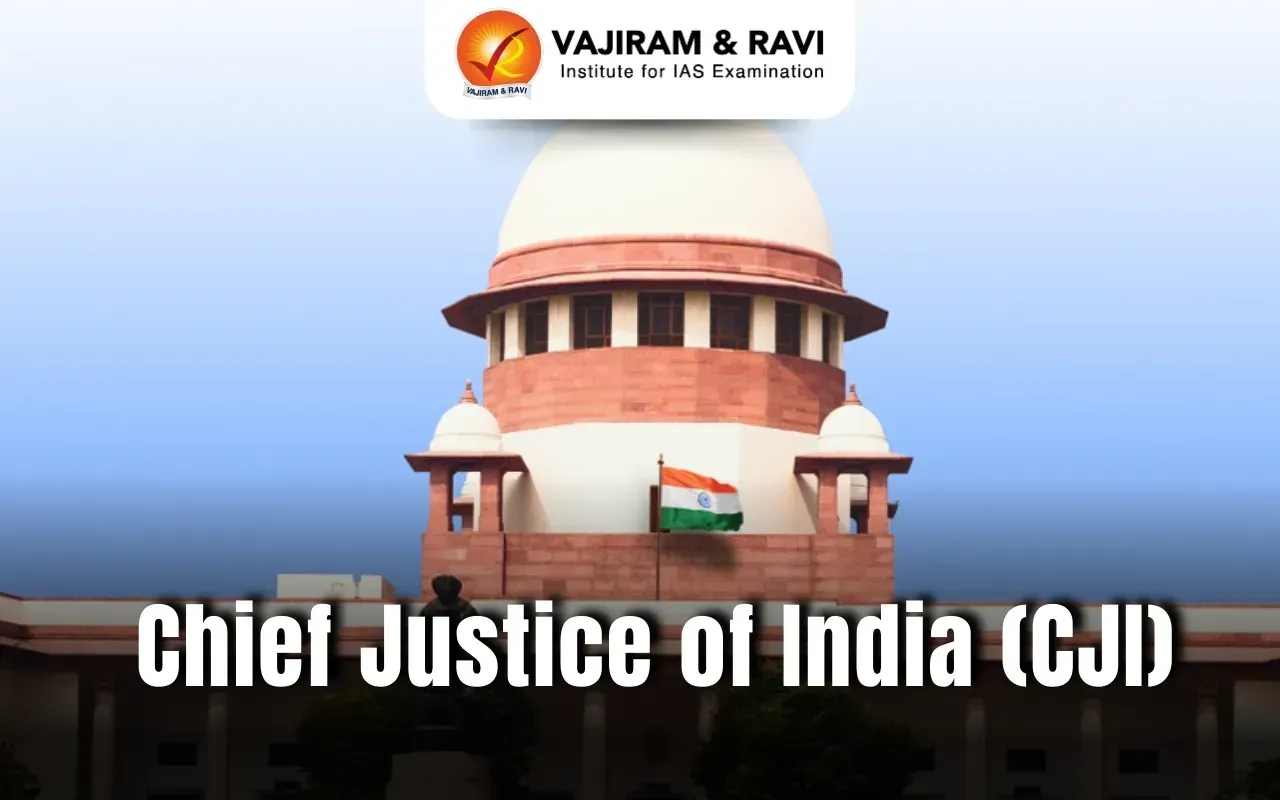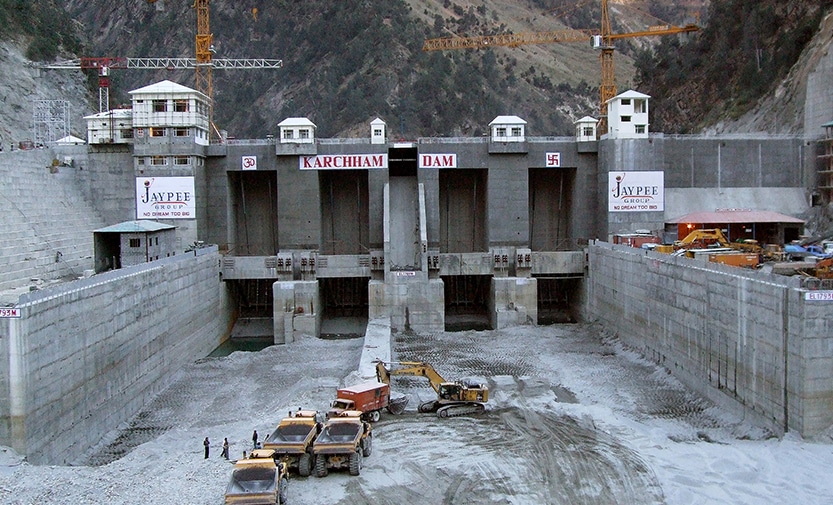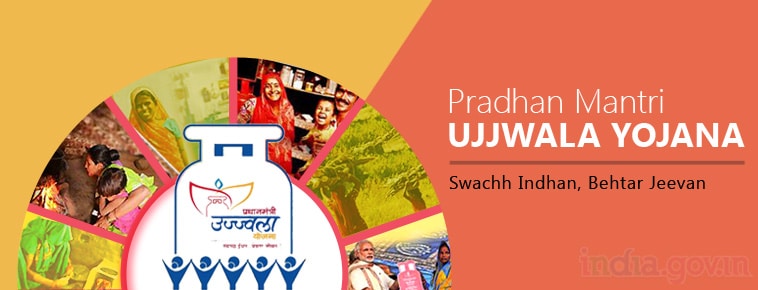Chief Justice of India (CJI) Latest News
CJI Forms Three-Member Committee to Probe Allegations Against Delhi High Court Judge
About the Chief Justice of India (CJI)
- Qualifications of CJI: A person is eligible to be appointed as Chief Justice of India if they:
- Are a citizen of India.
- Have served as a Judge of a High Court for at least five years.
- Have been an advocate in a High Court for at least ten years.
- Are considered a distinguished jurist by the President of India.
Appointment of CJI
- The President appoints the CJI under Article 124(2) of the Constitution.
- The outgoing CJI recommends their successor based on seniority.
- The Union Law Minister forwards the recommendation to the Prime Minister, who then advises the President.
- As per the Second Judges Case (1993), the senior-most Supreme Court judge is appointed as the CJI.
Role and Powers of the CJI
- Master of the Roster: The CJI allocates cases to Supreme Court benches and decides the composition of benches.
- Head of the Collegium System: The CJI leads the Supreme Court Collegium, responsible for appointing and transferring judges.
- Administrative Authority: The CJI supervises court administration, staff appointments, and judicial proceedings management.
- Judicial Leadership: The CJI is first among equals and does not hold superior judicial power over other judges.
Removal of CJI or Judges
- A Supreme Court judge, including the CJI, can be removed by the President after an address by Parliament supported by a special majority.
- Grounds for removal (Article 124(4)):
- Proven misbehavior
- Incapacity
What is the Collegium System?
- A mechanism for appointing and transferring judges in the Supreme Court and High Courts.
- Not established by an Act of Parliament, but evolved through Supreme Court judgments (Judges Cases).
- For SC Appointments: CJI + four senior-most judges.
- For HC Appointments:
- HC-level Collegium: Chief Justice of HC + two senior judges.
- SC-level Collegium: CJI + two senior-most SC judges.
Chief Justice of India (CJI) FAQs
Q1: Who appoints the Chief Justice of India?
Ans: The President of India appoints the Chief Justice of India (CJI) under Article 124(2) of the Constitution.
Q2: What is the tenure of the Chief Justice of India?
Ans: There is no fixed tenure for the CJI, but they retire at the age of 65 years as per Article 124(2).
Q3: How is the CJI selected?
Ans: The senior-most judge of the Supreme Court is usually appointed as the CJI based on the collegium system.
Source: TH
Last updated on June, 2025
→ UPSC Notification 2025 was released on 22nd January 2025.
→ UPSC Prelims Result 2025 is out now for the CSE held on 25 May 2025.
→ UPSC Prelims Question Paper 2025 and Unofficial Prelims Answer Key 2025 are available now.
→ UPSC Calendar 2026 is released on 15th May, 2025.
→ The UPSC Vacancy 2025 were released 1129, out of which 979 were for UPSC CSE and remaining 150 are for UPSC IFoS.
→ UPSC Mains 2025 will be conducted on 22nd August 2025.
→ UPSC Prelims 2026 will be conducted on 24th May, 2026 & UPSC Mains 2026 will be conducted on 21st August 2026.
→ The UPSC Selection Process is of 3 stages-Prelims, Mains and Interview.
→ UPSC Result 2024 is released with latest UPSC Marksheet 2024. Check Now!
→ UPSC Toppers List 2024 is released now. Shakti Dubey is UPSC AIR 1 2024 Topper.
→ Also check Best IAS Coaching in Delhi






















